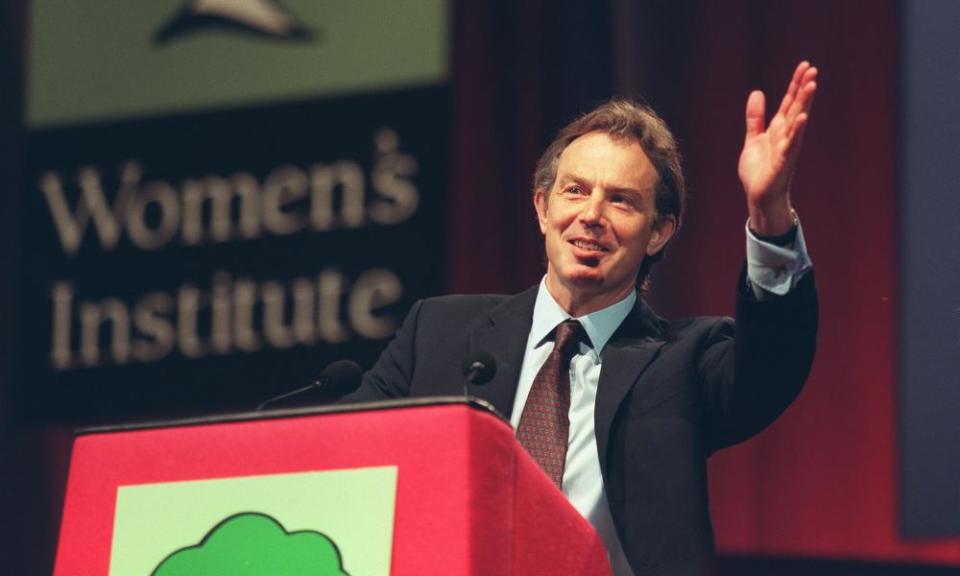The unpopular populist? Boris Johnson and the art of dealing with hecklers
For a politician preparing to frame the next election as “politicians versus the people”, Boris Johnson has not – of late – appeared very popular with the people. Over the past month, the prime minister has endured a string of run-ins with angry members of the public, lambasting him on issues from Brexit and the suspension of parliament to the NHS and benefits cuts.
Earlier this month, Johnson was asked to “please leave my town” by a polite gentleman in Morley, Leeds, before another passerby told him: “You should be in Brussels, negotiating.” On a visit to Doncaster, the prime minister was accused of telling “fairy tales” about Brexit, while his speech later that day was interrupted by a charity worker criticising the suspension of parliament.
The most powerful interaction came on Wednesday during a visit to Whipps Cross university hospital in north-east London, when Johnson was confronted by Omar Salem, who said his baby daughter had nearly died because the NHS was so underfunded.
Salem accused the government of wrecking the health service while using hospitals as a backdrop for political campaigning. “There’s no press here,” said Johnson, in front of the TV cameras.
While Johnson’s camp will argue that it is better to have him interacting with the public than hiding from them – as Theresa May was accused of doing – such encounters have hardly been a public relations coup.
“You are basically faced with a choice with these things,” said James McGrory, Nick Clegg’s former press secretary, who is currently the director of the People’s Vote campaign.
“You can do events that are very tightly controlled, where the politician involved doesn’t meet ‘real members of the public’, for want of a better phrase. But then it will look stage managed, and the media and the public know a stage-managed visit when they see one.”
The history of the political heckle is a long one – from Gordon Brown’s infamous encounter with Gillian Duffy (aka “bigotgate”) to Tony Blair being slow-clapped at the Women’s Institutes national conference. Another Labour prime minister, Harold Wilson, was considered a master at dealing with vocal opposition, producing comebacks to rival the most adept stand-up comedians.

Talking about his public expenditure plans, Wilson was interrupted by a heckler shouting: “What about Vietnam?” “The government has no plans to increase public expenditure in Vietnam,” quipped Wilson. “Rubbish!” said the heckler. “I’ll come to your special interest in a minute, sir,” said Wilson.
At this year’s Welsh Tory conference May was heckled by a member of the audience calling for her to resign. She responded: “I have to say, my experience of north Wales is that everybody I meet here is friendly.”
“There are times when a humorous response works, but you can’t teach that,” said Paul Harrison, May’s former press secretary. “You can’t tell someone to just say something funny if they get heckled. That would be the worst advice ever.”
Harrison said encounters with angry members of the public do not necessarily mean a politician is unpopular. He pointed to an incident during the 2017 election campaign where May was accosted by a woman in Oxfordshire who was furious about cuts to disability benefits. “She was a popular politician when she went into that election, so I don’t think it necessarily reflects popularity,” he said.
“The nature of high office is that you have to make difficult or controversial decisions that can’t be made elsewhere, so there will always be people who disagree.”
While working as Ed Miliband’s spokesman, Tom Baldwin helped arrange for the then-Labour leader to tour the country making speeches in town squares on a soapbox. “We stopped doing them eventually because we were in a hostile media environment and him being shouted at by people and talking quietly back to them didn’t necessarily exude strength,” said Baldwin, now director of communications for People’s Vote UK.
“I think Johnson’s problem is he’s trying to run an election on a ‘people versus the politicians’ platform, but when he’s going out there at the moment he looks like a pretty unpopular populist,” he said. “He just looks like a politician who is being shouted at by the people.”
While it’s true that politicians of all colours get heckled, for McGrory the current climate feels different. “This is the most febrile atmosphere I can remember in politics in this country,” he said. “The nation is pretty divided, tensions are running high, people have strong opinions – particularly about Brexit – and in that environment you’ve got a new prime minister who is also being pretty divisive. The obvious conclusion is that that’s why this kind of thing is happening.”

 Yahoo News
Yahoo News 
